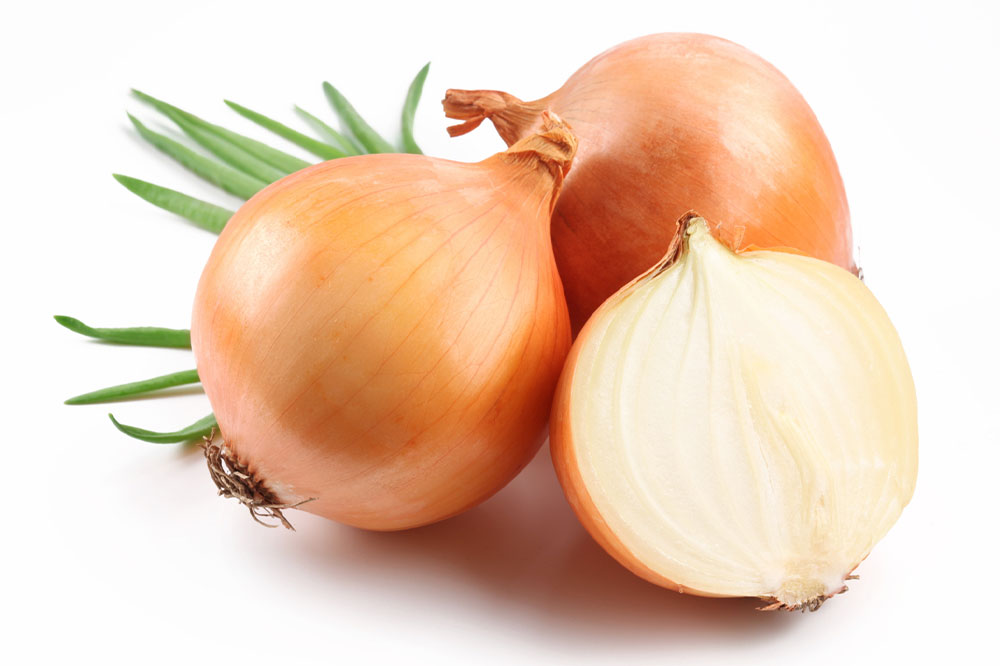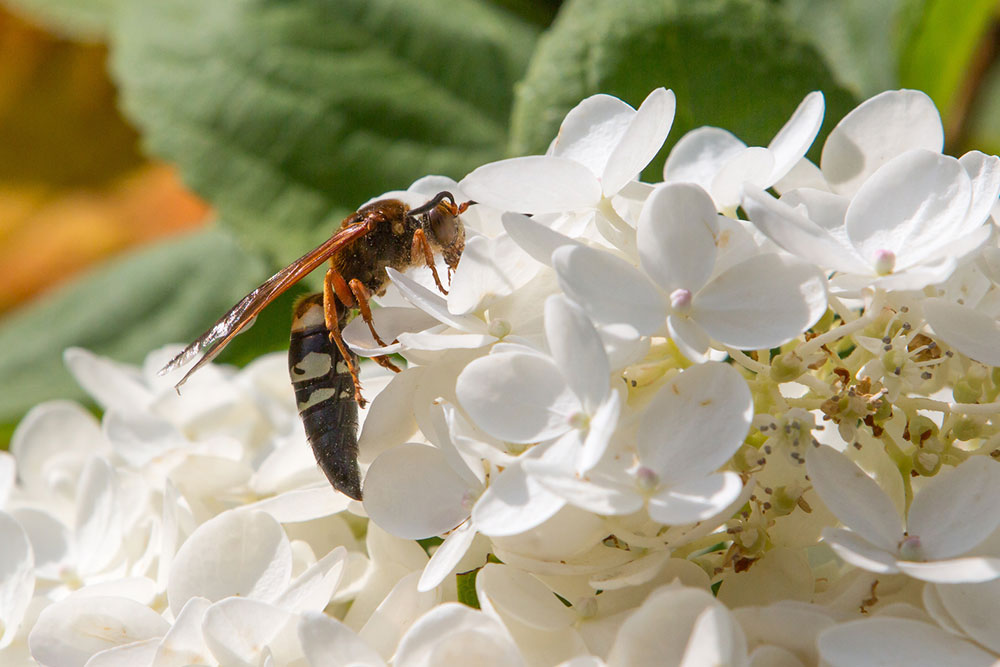Effective Natural Solution: Using White Vinegar to Keep Ants Away
Discover natural ways to control ants using white vinegar. Learn effective DIY methods like spray solutions and cotton ball barriers to keep ants at bay. Combine vermin-proofing tips with good sanitation for lasting results. A cost-effective, eco-friendly alternative to chemical pest control, vinegar disrupts ant trails and deters future invasions, ensuring a cleaner, healthier home environment.
Sponsored

Using White Vinegar to Repel Ants: Tips and Methods
Across the globe, over 12,000 ant species exist, according to the National Wildlife Foundation. While many are harmless, they can spread bacteria and pose health risks inside homes. Professional pest control is effective but often expensive. Luckily, natural remedies like white vinegar offer a safe, affordable alternative to manage ant problems and prevent infestations.
Vinegar as an Ant Deterrent
Ants rely heavily on their keen sense of smell to find food. The strong, acidic aroma of white vinegar disrupts this sense, confusing and repelling them from targeted areas.
Furthermore, scout ants leave chemical trails to guide others to food sources. Vinegar effectively dissolves these trails, making it difficult for ants to follow the scent and reducing the likelihood of further invasions. It’s important to note that only white vinegar is recommended, as apple cider vinegar’s sweetness may attract more ants despite helping with trail disruption.
Beyond ants, vinegar can also deter pests like mice, spiders, raccoons, and squirrels. However, vinegar alone doesn’t eliminate ants entirely. Combining it with good sanitation habits and sealing entry points is essential for long-term control.
How to Use White Vinegar for Ant Control
White vinegar is a household staple that can be easily utilized to repel ants. Here are some effective methods:
DIY Vinegar Solution
Mix equal parts white vinegar and water in a spray bottle, preferably glass to prevent residue buildup. Spray on areas prone to ant activity, such as kitchen counters, baseboards, and entry points near doors and windows. Spray trails to break them up and wipe away visible ants. Use this solution in gardens too, targeting plants and outdoor spaces where ants are common, avoiding edible plant parts.
Vinegar-Soaked Cotton Balls
Identify ant entry points in your home and place soaked cotton balls at these locations. The combined physical barrier and scent-based deterrent keep ants from entering. Replace the cotton balls weekly to maintain effectiveness. For indoor plants sensitive to acidity, place cotton balls around them or nearby to repel ants without harming the plants.
Is Vinegar a Long-Term Solution?
Since vinegar works primarily through scent, it may not provide a permanent fix. Continuous application is necessary, which can be inconvenient. Additionally, attractive food smells like sweets, fruits, or greasy foods can draw ants back into your space. Maintaining cleanliness and sealing entry points greatly enhances long-term pest prevention.
Prevention Tips
Prevent future infestations by sealing all potential entry points, keeping your environment clean, and removing attractants such as spilled food, uncovered garbage, and standing water. Trimming trees and bushes near your home and using bait traps further help deter ants.






